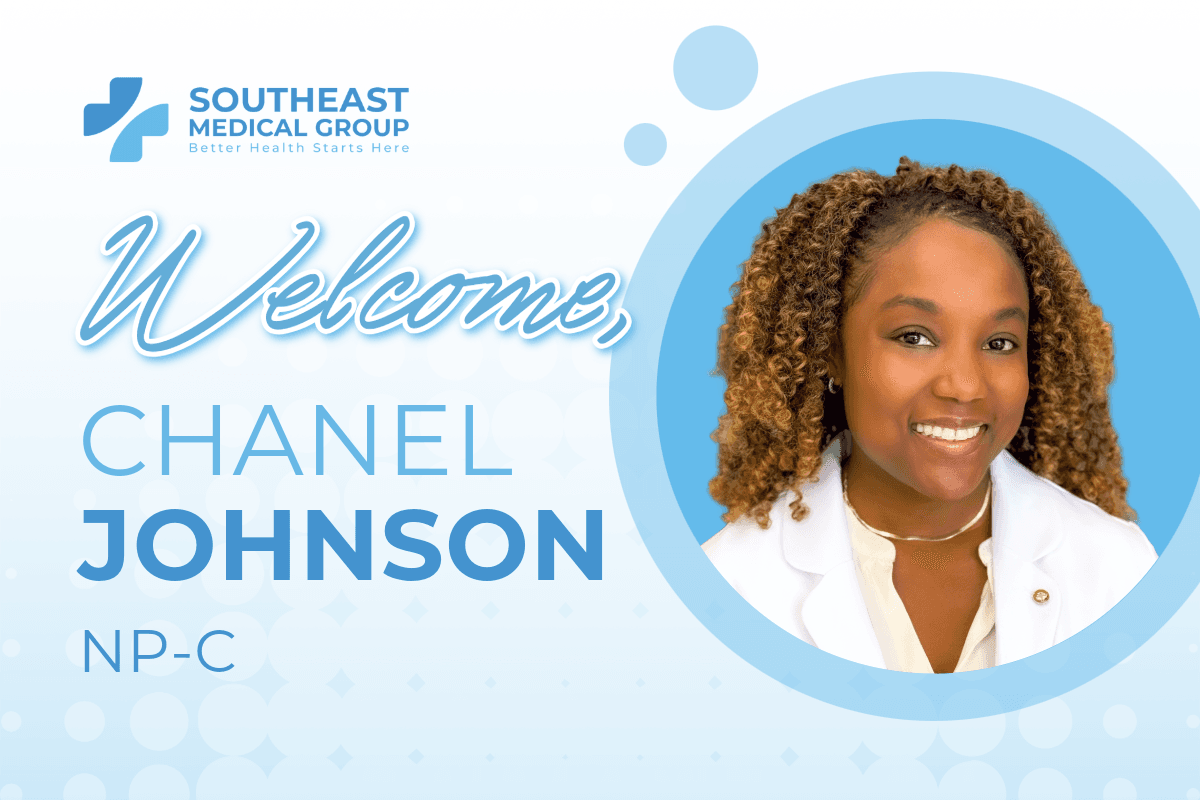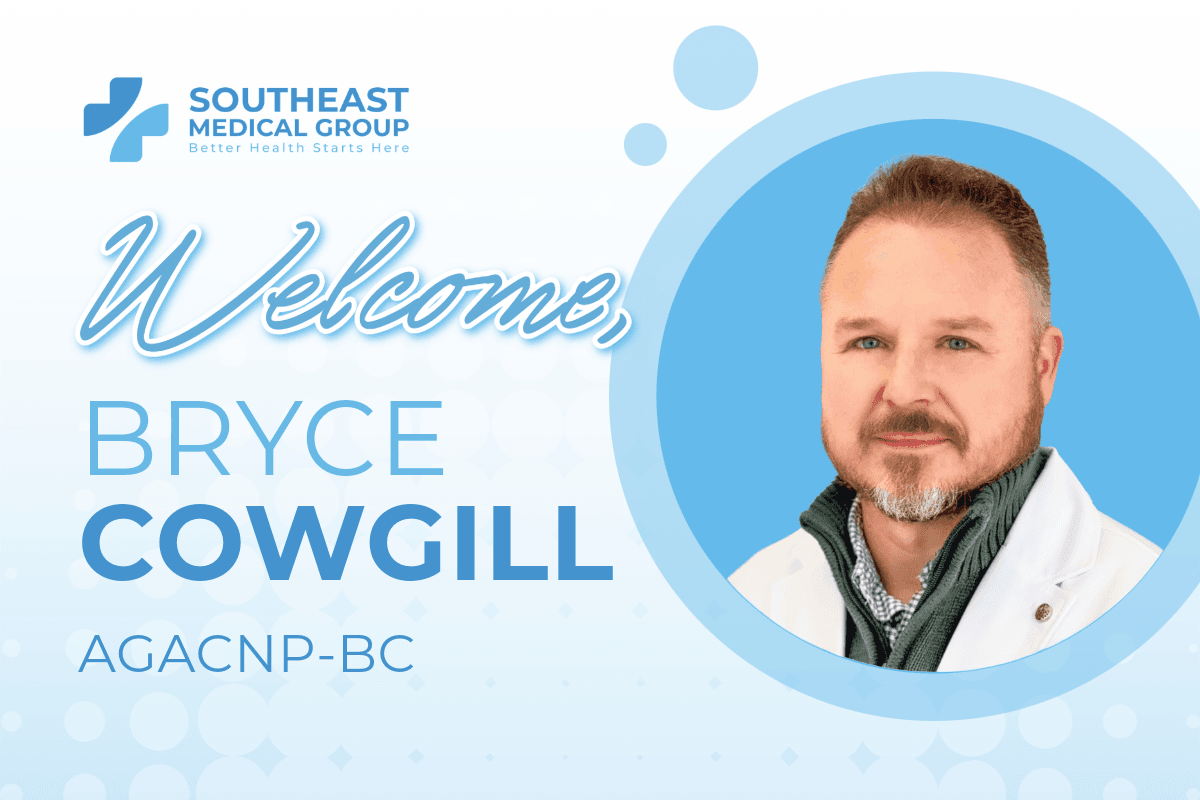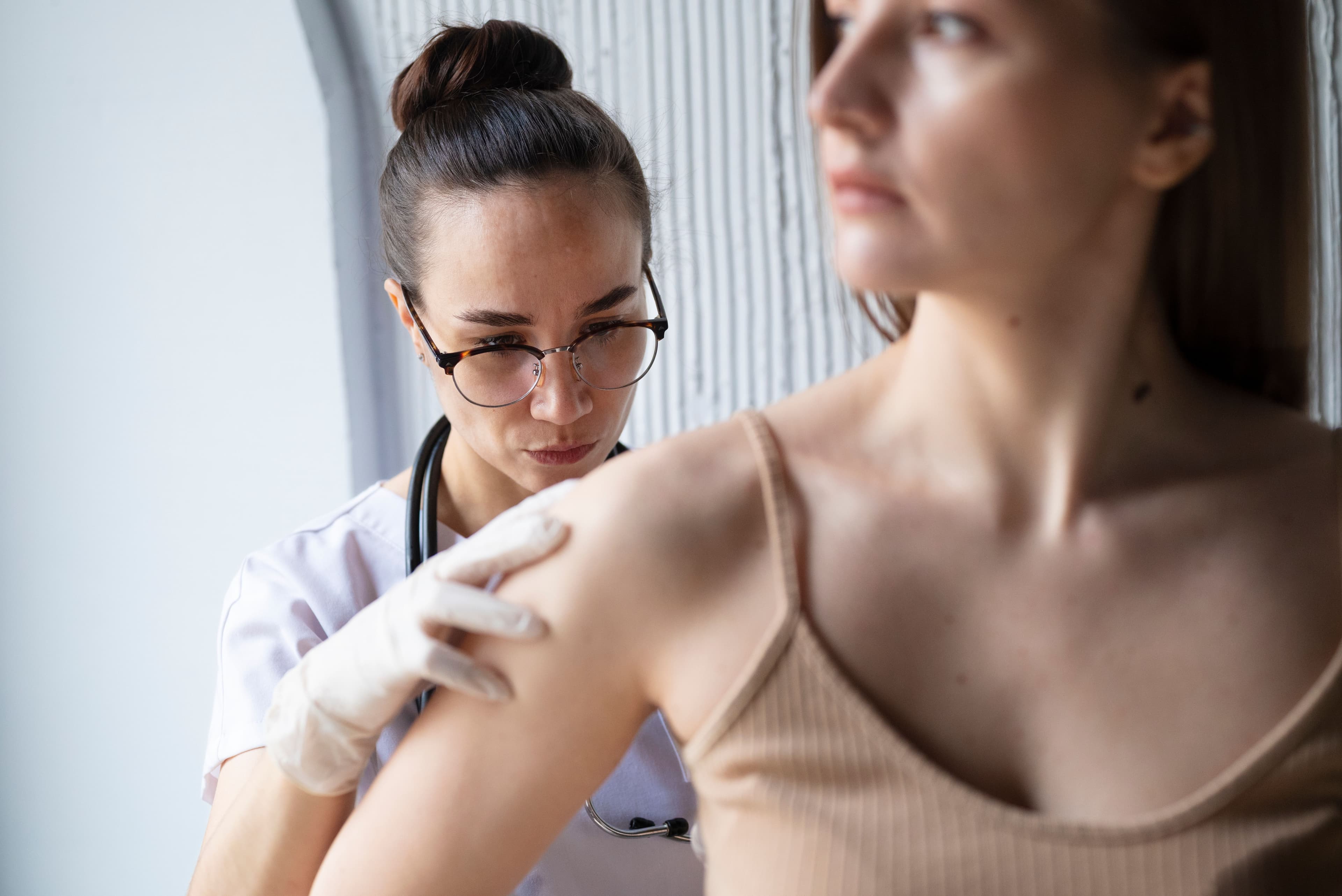World Sexual Health Day: Breaking the Silence and Embracing Wellness

Why World Sexual Health Day Matters
Every year on September 4th, the world comes together to observe World Sexual Health Day (WSHD), a global initiative led by the World Association for Sexual Health (WAS). This day is dedicated to promoting sexual health, well-being, and rights for all. Established in 2010, WSHD aims to break down stigmas, encourage open conversations, and educate communities about the importance of sexual health as an integral part of overall wellness.
Sexual health is often a taboo topic in many cultures, yet it plays a crucial role in physical, mental, and emotional well-being. From safe practices to access to education and healthcare services, there is much to learn and advocate for. In this article, we’ll explore the significance of World Sexual Health Day, key themes for 2025, and actionable steps to prioritize sexual health in your life.
What Is Sexual Health?
Sexual health is defined by the World Health Organization (WHO) as “a state of physical, emotional, mental, and social well-being in relation to sexuality.” It’s not just the absence of disease or dysfunction but encompasses:
- Safe sexual practices to prevent sexually transmitted infections (STIs) and unintended pregnancies.
- Access to education and resources about reproductive health and rights.
- Positive relationships built on mutual respect, consent, and communication.
- Freedom from coercion, discrimination, or violence related to sexuality.
Sexual health is a human right, and World Sexual Health Day serves as a reminder that everyone deserves access to the tools and knowledge to make informed decisions about their bodies and relationships.
The 2025 Theme for World Sexual Health Day
Each year, WAS selects a theme to guide global conversations and campaigns for WSHD. While the official theme for 2025 is yet to be announced as of this writing, recent themes have focused on inclusivity, diversity, and equity in sexual health. For instance, past themes like “Sexual Health and Well-Being for All” and “Let’s Talk Pleasure” have emphasized the importance of education and breaking barriers around taboo topics.
Regardless of the specific theme, the overarching goal remains the same: to foster dialogue, dismantle stigma, and ensure that sexual health is recognized as a vital component of primary care and public health.
Stay tuned to the WAS website (worldsexualhealth.net) for updates on the 2025 theme, and join the conversation on social media with hashtags like #WorldSexualHealthDay, #SexualHealthMatters, and #BreakTheSilence.
Why Sexual Health Is a Public Health Priority
Sexual health is deeply connected to broader health outcomes. Here are some compelling reasons why it deserves attention, especially on World Sexual Health Day:
- Preventing STIs and HIV/AIDS: According to WHO, over 1 million people contract a sexually transmitted infection every day. Education and access to testing and treatment are critical.
- Reducing Unintended Pregnancies: Comprehensive sexual education and access to contraception can significantly lower rates of unintended pregnancies, especially among adolescents.
- Mental Health and Relationships: Sexual health issues, if unaddressed, can lead to anxiety, depression, and strained relationships. Open communication and support systems are key.
- Gender Equality and Rights: Sexual health advocacy includes protecting individuals from gender-based violence, ensuring reproductive rights, and promoting equity in healthcare access.
By prioritizing sexual health, we contribute to healthier individuals, families, and communities—a mission at the heart of World Sexual Health Day.
How to Celebrate World Sexual Health Day 2025
You don’t have to be a healthcare professional to make a difference on WSHD. Here are practical ways to engage and contribute:
- Educate Yourself and Others:
- Read up on sexual health topics via trusted sources like WHO, WAS, or your local health department.
- Share informative articles, infographics, or videos on social media with hashtags like #WSHD2025 and #SexualHealthAwareness.
- Attend or Host Events:
- Look for local or virtual events such as webinars, workshops, or panel discussions on sexual health.
- Organize a community talk to address myths and provide accurate information.
- Support Sexual Health Organizations:
- Donate to or volunteer with organizations that provide sexual health education, testing, and resources.
- Advocate for policies that expand access to reproductive healthcare.
- Prioritize Your Health:
- Schedule a check-up with your primary care provider or a sexual health specialist.
- Get tested for STIs and discuss contraception or family planning options if relevant.
- Promote Open Dialogue:
- Have honest conversations with friends, family, or partners about sexual health and consent.
- Encourage young people to ask questions and seek reliable information.
The Role of Primary Care in Sexual Health
Primary care providers (PCPs) are often the first point of contact for individuals seeking sexual health advice or treatment. From routine screenings to counseling, PCPs play a vital role in:
- Providing non-judgmental care and answering questions about sexual health.
- Offering vaccinations (e.g., HPV vaccine) and preventive measures.
- Connecting patients to specialists for advanced care or mental health support.
If you’re hesitant to discuss sexual health with your doctor, remember that they are trained to handle these conversations with sensitivity and confidentiality. World Sexual Health Day is a perfect reminder to take that first step.
Key Takeaways for a Healthier Future
- Sexual health is a fundamental aspect of overall well-being and a basic human right.
- World Sexual Health Day, celebrated on September 4th, aims to educate, advocate, and destigmatize conversations around sexuality.
- Everyone can play a role by learning, sharing, and supporting initiatives that promote sexual health equity.
- Primary care providers are valuable allies in addressing sexual health concerns and providing personalized guidance.


